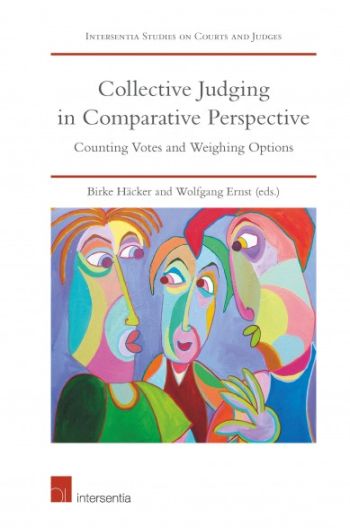
This book provides unique insights into modern collective judicial decision-making. Courts all over the world sit in panels of several judges, yet the processes by which these judges produce the court’s decision differ markedly. Judges from some of the world’s most notable judicial bodies, in both the civilian and the common law tradition and from supra-/international courts, share their experiences and reflect on the challenges to which their collective endeavour gives rise.
They address matters such as the question of panel constitution, the operation of rapporteur systems, pre-and post-hearing conferences, the hearing procedure itself, the nature of the interaction between the judicial panel and parties’ advocates, the extent to which a unitary judgment of the court or at least a single majority judgment is required or deemed desirable, and how it is ultimately arrived at through different voting mechanisms. They allow the reader a unique inside view into the functioning of modern judicial bodies.
The judges’ chapters are supplemented by a series of comparative analyses and reflections on the lessons to be learnt from them. Collective Judging in Comparative Perspective thus also provides an ideal starting point for thinking about future court design.